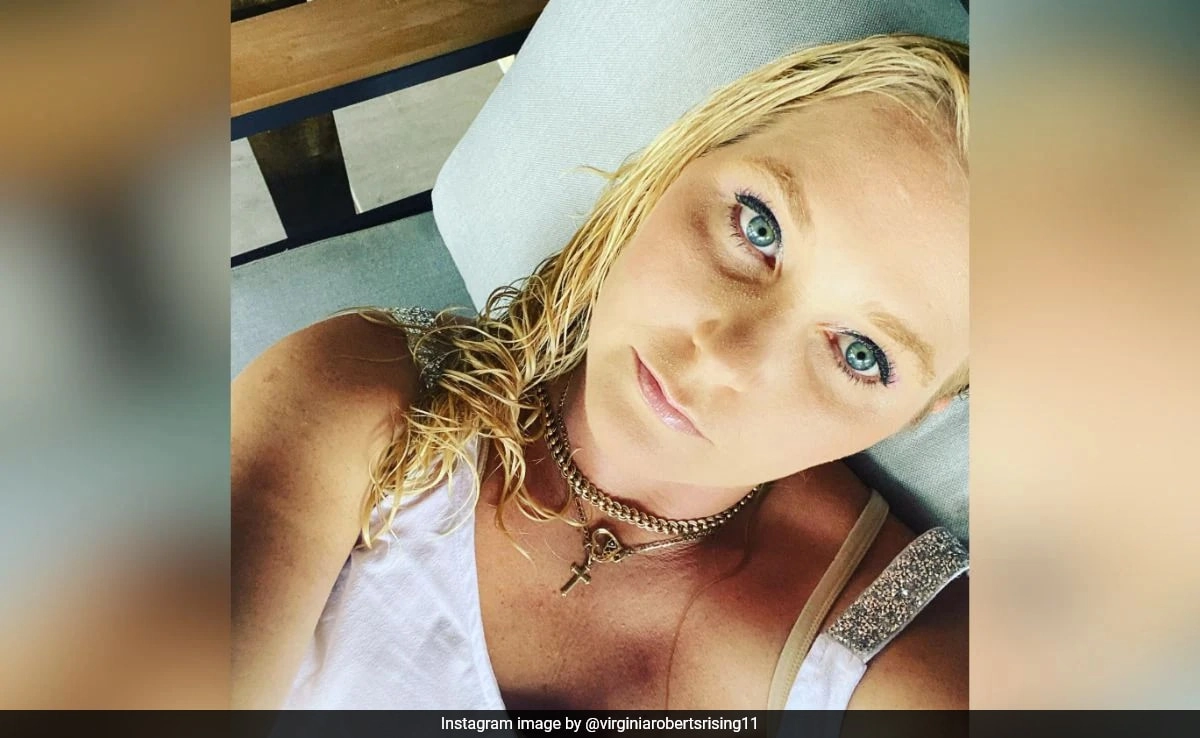Virginia Giuffre, known for her accusations against Prince Andrew in connection to Jeffrey Epstein’s sex trafficking scandal, has reportedly died by suicide. This tragic news has sent shockwaves through the media and the communities involved in the ongoing discussions surrounding Epstein’s legacy and the broader issues of sexual abuse and trafficking. Giuffre had become a prominent figure in the fight against sexual exploitation, bravely coming forward with her allegations against powerful individuals who she claimed were complicit in Epstein’s actions.
Giuffre’s accusations against Prince Andrew led to a highly publicized legal battle, which ultimately resulted in a settlement. Despite the resolution, the impact of her claims reverberated throughout society, shining a light on the pervasive culture of silence and complicity surrounding sexual abuse. Her courage in speaking out not only brought attention to her own experiences but also encouraged other survivors to share their stories, fostering a growing movement advocating for justice and accountability for victims of sexual violence.
The circumstances surrounding her death raise important questions about the mental health struggles faced by survivors of abuse and the societal pressures they endure. Many advocates and supporters are calling for a deeper examination of the systems in place that fail to protect and support these individuals. Giuffre’s passing serves as a stark reminder of the urgent need for comprehensive resources and support systems for survivors, highlighting how vital it is to listen to and believe those who come forward with their experiences. The conversation about sexual abuse, accountability, and mental health must continue, ensuring that Giuffre’s legacy as a courageous advocate for justice is honored.




